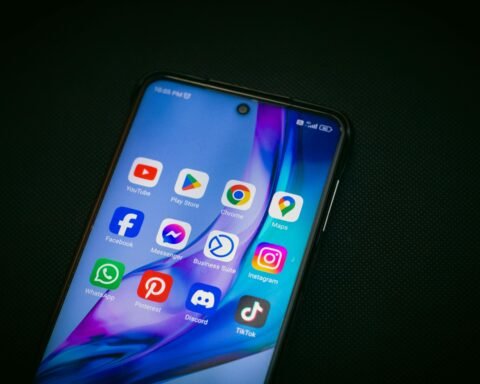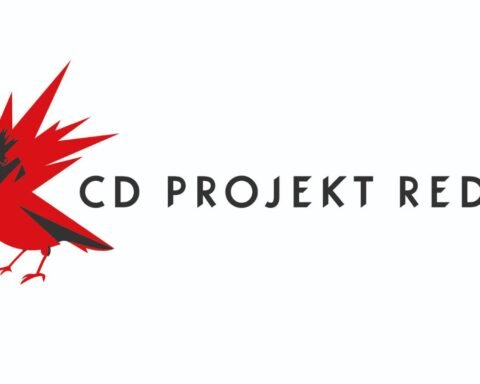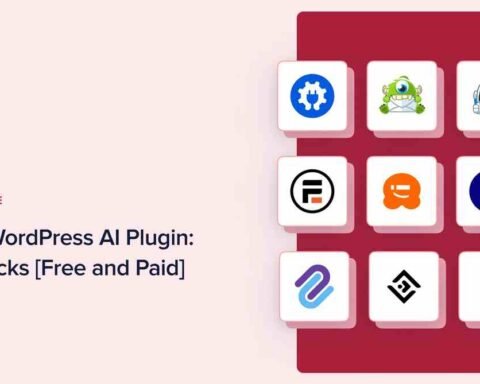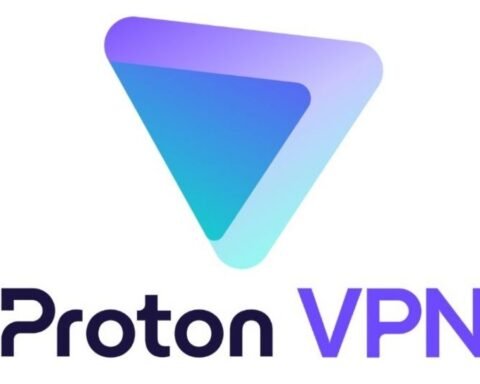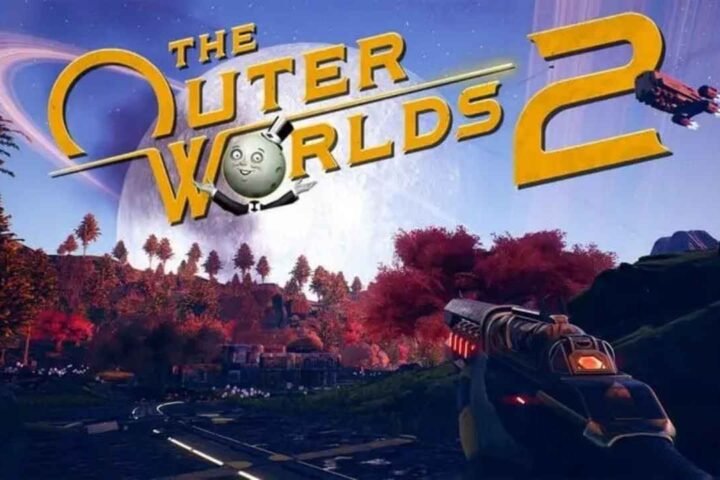Generative Artificial Intelligence (AI) is one of the most transformative technologies of the 21st century, reshaping industries, enhancing creativity, and redefining how humans interact with machines. At its core, generative AI refers to algorithms and models capable of creating new content—such as text, images, music, code, and even video—by learning patterns from existing data. Unlike traditional AI, which is designed to analyze or classify data, generative AI produces original outputs, making it a powerful tool for innovation and creativity.
How Generative AI Works
Generative AI relies on advanced machine learning techniques, intense learning models like Generative Adversarial Networks (GANs), and transformers. GANs, introduced by Ian Goodfellow in 2014, consist of two neural networks: a generator that creates content and a discriminator that evaluates its authenticity. Through iterative training, the generator improves its ability to produce realistic outputs, while the discriminator becomes better at distinguishing between accurate and generated data. Transformers, on the other hand, excel in natural language processing (NLP) tasks. Models like OpenAI’s GPT (Generative Pre-trained Transformer) series use vast amounts of text data to generate human-like language, enabling applications such as chatbots, content creation, and code generation.
Applications of Generative AI
The applications of generative AI are vast and span multiple industries. In the creative arts, tools like DALL·E, MidJourney, and Stable Diffusion allow users to generate stunning images from text prompts, democratizing art creation and enabling new forms of expression. In music, AI models like OpenAI’s Jukedeck and Google’s Magenta compose original pieces, offering musicians and producers new avenues for inspiration. In writing, tools like ChatGPT assist with drafting articles, generating ideas, and even code, boosting productivity and creativity.
In healthcare, generative AI designs new drugs, predicts protein structures, and simulates medical scenarios. For instance, DeepMind’s AlphaFold has revolutionized biology by accurately predicting protein folding, a breakthrough that could accelerate drug discovery. In business, generative AI powers personalized marketing campaigns automates customer service, and optimizes supply chains, driving efficiency and innovation.
Ethical and Societal Implications
While generative AI holds immense potential, it raises significant ethical and societal concerns. The ability to create realistic fake content, such as deepfakes, poses risks to misinformation, privacy, and security. There are also concerns about intellectual property rights, as AI-generated content often relies on existing works for training. Additionally, the widespread adoption of generative AI could disrupt job markets, particularly in creative fields, raising questions about the future of work and the role of human creativity.
To address these challenges, policymakers, technologists, and society must work together to establish ethical guidelines, regulatory frameworks, and transparency standards. Ensuring that generative AI is used responsibly and equitably will be critical to maximizing its benefits while minimizing its risks.
The Future of Generative AI
The future of generative AI is both exciting and uncertain. As models become more sophisticated, they will likely enable even more groundbreaking applications, from personalized education to immersive virtual worlds. However, the technology’s rapid advancement also underscores the need for ongoing research, collaboration, and dialogue to ensure it serves humanity’s best interests.
In conclusion, generative AI is powerful for innovation, creativity, and progress. By harnessing its potential responsibly, we can unlock new possibilities and shape a future where humans and machines collaborate to solve some of the world’s most pressing challenges.






